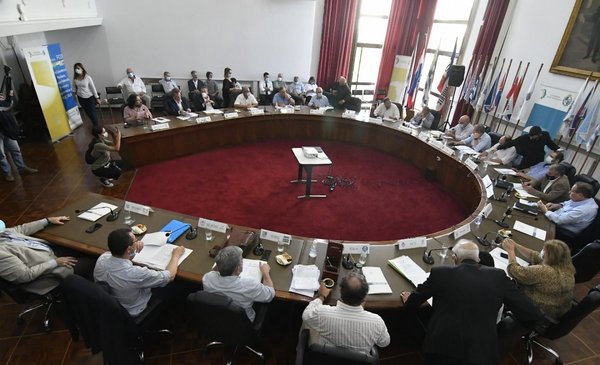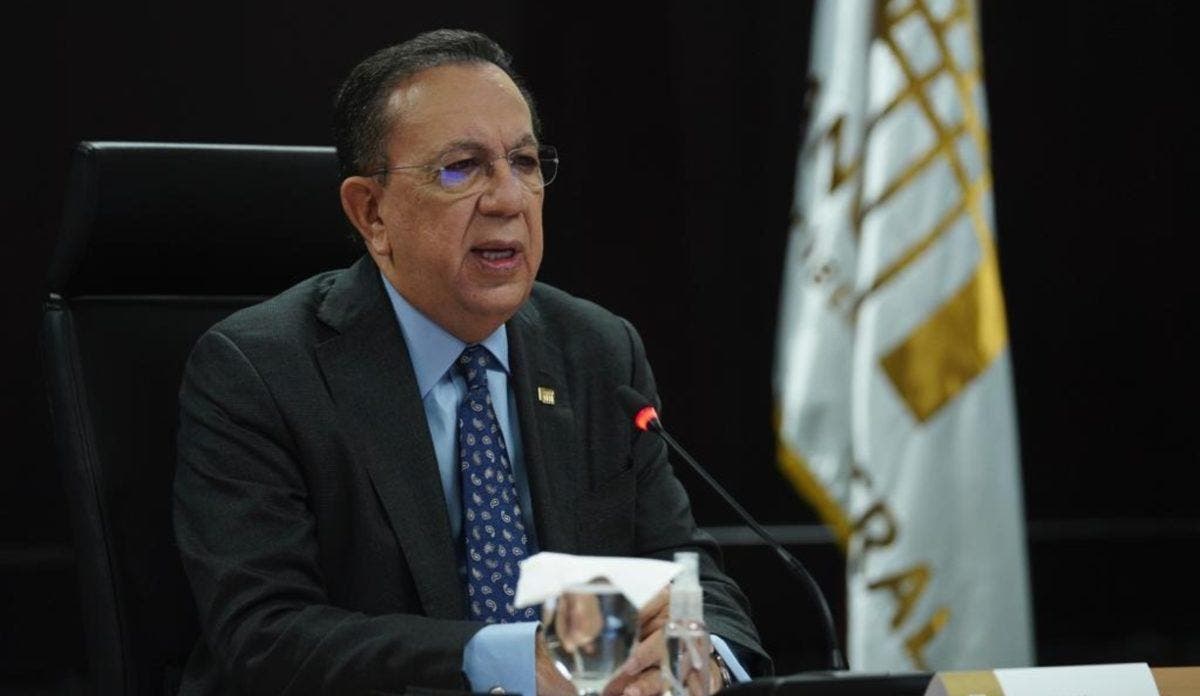The Congress of Mayors will make a proposal to the national government in the coming days so that the Work Opportunities Program, better known as “solidarity wages”, continue until the end of the year. For these purposes, a commission made up of community leaders from all parties will be in charge of designing a specific plan regarding its implementation and financing.
This was defined this Thursday in a new plenary session of Congress, under a general conviction that the initiative was largely positive and should continue to be implemented in 2022, according to the mayor of Salto, Andrés Lima.
To gauge the impact of the plan – which was initially outlined as a partial solution to the unemployment generated by the health emergency – Congress prepared a report based on data from the respective departments and other national offices. According to data from the Social Security Bank cited by the report, between May and December 2021, 37.5% of new jobs contributors created at the national level corresponded, on average, to this plan. Measured in people, solidarity wages represented 20% of the increase.
That does not mean that the impact has been disparate between the different departments. In Maldonado it accounted for barely 10% of the new paying positions. In Montevideo they were 15%, in Canelones 18%, while in Salto and Colonia they represented 23% of all new formal jobs. The percentage went up to 37% in Rocha, 53% in Río Negro, 57% in Cerro Largo and 87% in Treinta y Tres.
These results were part of a preliminary evaluation of the program, carried out between February 8 and 11 by order of the Congress of Mayors.
The objective was to know the opinions of the territorial referents regarding the performance of the plan and its impact on the beneficiary population.
The program was aimed at people between 18 and 65 years of age who lacked salary income, as well as remuneration or subsidy of any kind, with the exception of the beneficiaries of the Ministry of Social Development. To this end, 15,000 quotas were offered, distributed proportionally throughout the country, to which a salary of $12,500 was assigned for twelve daily wages per month.
In addition to the BPS database, the report was fed by surveys made by 16 of the 19 municipalities. A total of 14,536 beneficiaries completed the questionnaire.
According to the document, there 2,744 people, almost one in five who accessed a job in the programwho said they had resigned before the end of their contract. Of them, 40% (approximately a thousand) He said he did it when he accessed another formal job. In all these cases, the places were assumed by other interested parties, who had been duly raffled off.
The survey indicates that 51% of the participants were young people between 18 and 29 years old. 30% were between 30 and 44 years old and the remaining 19% corresponded to people between 45 and 64 years old. Among all beneficiaries, 55% were women. One in three were also heads of household, says the report.
44% of all beneficiaries were considered by the report as victims of “structural unemployment”. And for another 20% the plan turned out to be their first work experience.
Regarding the educational level, according to the survey, 8% of the participants had not completed primary school, 45% had completed only the primary cycle, 31% had completed basic cycle and 14% had high school. For its part, 2% of those selected had a tertiary education.
The most frequent work activities that the beneficiaries of the program had to carry out included sweeping and cleaning public spaces, masonry, painting, bituminization and patching and weeding.
You have to define how
“There is consensus that it should continue, now we have to define how,” Lima said. “We all agree that it was positive for local economies.”
The three mayors of the Broad Front raised a formula this Thursday that will be considered in the commission: Lima, together with Carolina Cosse (Montevideo) and Yamandú Orsi (Canelones), intend that the financing of the program come from what the Executive Branch has planned for this year in the Covid Fund.
Lima recalled that, when presenting her report on the macroeconomic perspectives of the country on Tuesday, the Minister of Economy and Finance, Azucena Arbeleche, indicated that the fund will initially have US$400 million. In this regard, the mayor pointed out that the “solidarity wages”, implemented during the last six months, meant barely US$ 26.5 million, a figure that in his opinion seems “minimal” in comparison.
Last Friday, during his visit to San Bautista, President Luis Lacalle Pou advanced an “informal” proposal in which the government would take charge of the employer contributions generated by the plan. In return, according to this initiative, the municipalities that intend to continue with the wages will have to pay the salaries.







